I cannot figure out why when installing my python dependencies from requirements.txt pip don't complain, but when I do it from docker container, I got the following error message:
The requirements.txt content:
Flask~=1.1
grpcio
grpcio-tools
protobuf
iexfinance
numpy
pandas
pandas_datareader
pymongo
I've created my container like below:
docker run -it -p 8080:50051 -v ${pwd}:/app -w "/app" python:3.8-alpine
I've tried to install my dependencies using this command:
pip install -r requirements.txt
Bellow some screenshot:

